Jerk Spice Showdown: What’s Inside the Magic Mix That Sets Your Taste Buds on Fire?
Table of Contents
- Introduction to Jerk Seasoning
- The Core Ingredients of Jerk Spice
- Jerk Spice Ingredient Comparison Table
- DIY Guide: How to Make Your Own Jerk Spice at Home
- Buying Guide: Choosing the Best Jerk Spice Blend
- Creative Ways to Use Jerk Spice in Everyday Cooking
- Frequently Asked Questions About Jerk Spice
- Conclusion: Unleash the Flavor with Jerk Spice
Introduction to Jerk Seasoning
If you've ever had jerk chicken and walked away feeling like your mouth just went on a tropical vacation, then you know the power of this legendary seasoning blend. Originating from Jamaica, jerk seasoning is more than just a spicy kick—it's a harmonious explosion of heat, sweetness, citrus, and earthy warmth.
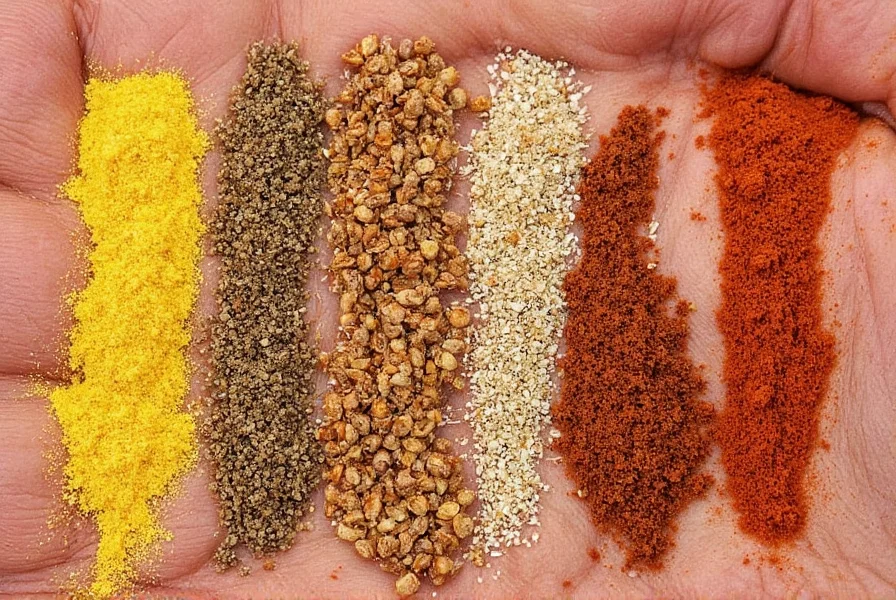
But what exactly makes up this iconic mix? Let’s break it down ingredient by ingredient and find out how each plays a role in creating that unmistakable Caribbean flavor profile.
The Core Ingredients of Jerk Spice
Jerk seasoning is a carefully balanced orchestra of spices, each contributing its own unique note. While recipes vary, there are some staple components that define authentic jerk flavor:
- Scotch Bonnet Peppers: The fiery heart of jerk seasoning. These peppers bring intense heat along with a fruity undertone that sets them apart from other chili varieties.
- Allspice (Pimento): Often called the soul of jerk seasoning, allspice gives that warm, clove-like depth. In fact, the word “allspice” itself comes from Jamaica!
- Thyme: Adds an earthy, slightly minty freshness that balances the richness of meats and the punch of chilies.
- Garlic: For that unmistakable pungency and savory backbone.
- Onion: Enhances sweetness and aroma, especially when caramelized during cooking.
- Ginger: Brings a zesty warmth that complements both the heat and the herbal notes.
- Cinnamon & Nutmeg: Provide a subtle sweetness and complexity, rounding out the blend beautifully.
- Salt & Black Pepper: Essential for enhancing all the other flavors and balancing the dish.
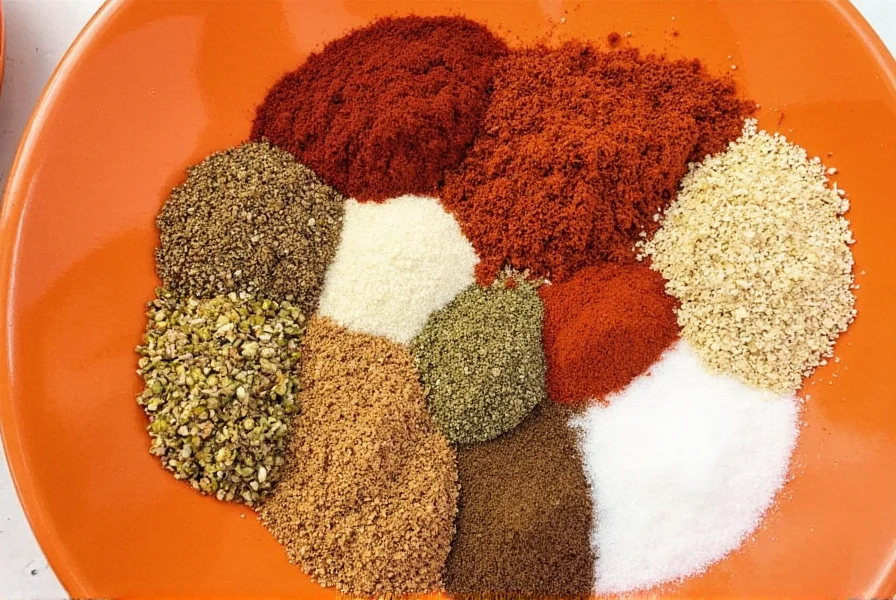
Jerk Spice Ingredient Comparison Table
| Ingredient | Flavor Profile | Heat Level | Substitute Options |
|---|---|---|---|
| Scotch Bonnet | Spicy, fruity, floral | 8/10 | Habanero (similar heat and flavor) |
| Allspice | Warm, clove-like, peppery | 0/10 | Clove + cinnamon blend |
| Thyme | Earthy, aromatic | 0/10 | Oregano or marjoram |
| Garlic | Pungent, savory | 0/10 | Garlic powder or paste |
| Ginger | Zesty, warm | 0/10 | Ground ginger |
DIY Guide: How to Make Your Own Jerk Spice at Home
Want to take control of your jerk game? Making your own spice blend is easier than you think—and far more rewarding. Here's a simple recipe to get started:
- Dry Ingredients:
- 2 tbsp ground allspice
- 1 tbsp thyme
- 1 tsp salt
- ½ tsp black pepper
- ¼ tsp cinnamon
- ¼ tsp nutmeg
- Fresh Ingredients (for paste):
- 3–4 Scotch bonnet peppers (seeds removed for less heat)
- 5 garlic cloves
- 1-inch piece of fresh ginger
- 1 small onion
- 2 tbsp soy sauce or olive oil (as base)
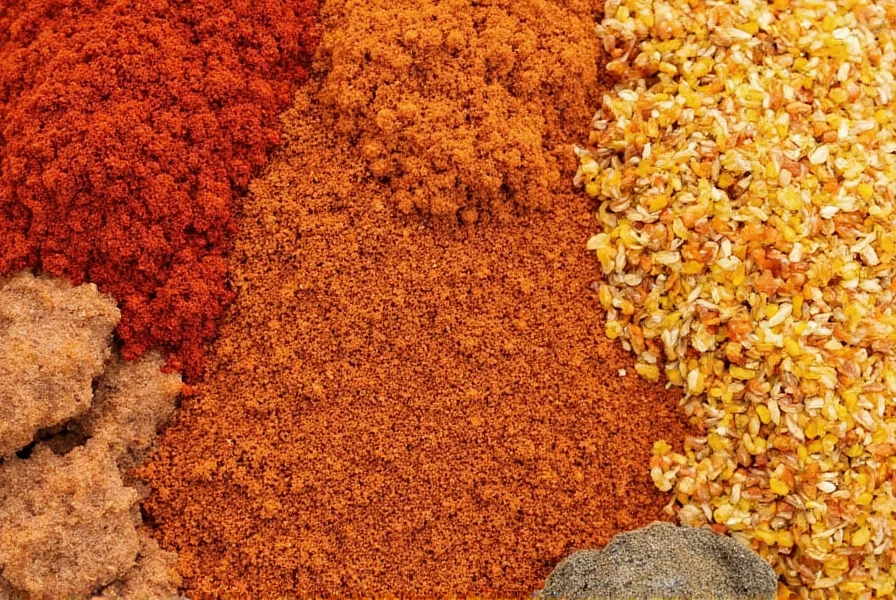
Buying Guide: Choosing the Best Jerk Spice Blend
If grinding your own isn’t your thing (no judgment!), store-bought blends can still offer authentic flavor—provided you choose wisely. Here’s what to look for:
What to Look for in Store-Bought Jerk Seasoning
- Real Ingredients: Avoid blends loaded with preservatives or artificial flavoring. Check for real dried herbs and whole spices.
- Balanced Heat: If you prefer mild heat, go for blends that use milder peppers or fewer chilies.
- Organic & Natural: Brands using organic ingredients ensure quality and purity.
- Versatility: Some blends work better as marinades; others are dry rubs. Know what you need before buying.
Top Recommended Brands
| Brand | Type | Features | Best For | Occasion |
|---|---|---|---|---|
| Walkerswood Jamaican Jerk Seasoning | Dry Rub | Authentic, bold, minimal additives | BBQ and grilled meats | Outdoor gatherings |
| Grace Jerk Seasoning | Dry Rub | Well-balanced, easy to use | Beginners and quick meals | Weeknight dinners |
| Caribbean Blue All-Natural Jerk Marinade | Liquid Marinade | Ready-to-use, gluten-free | Marinating fish or tofu | Seafood lovers |
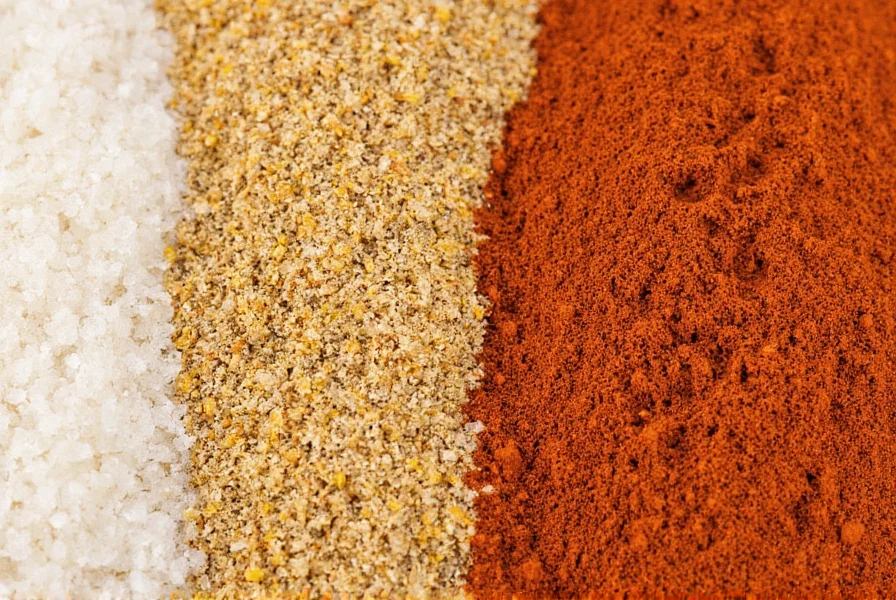
Creative Ways to Use Jerk Spice in Everyday Cooking
You don't have to limit jerk seasoning to just chicken. Here are some unexpected but delicious ways to use it:
- Grilled Vegetables: Zucchini, eggplant, and bell peppers come alive with a jerk rub and a quick sear on the grill.
- Popcorn: Sprinkle a little jerk seasoning on freshly popped corn for a spicy snack twist.
- Stuffed Sweet Potatoes: Add jerk flavor to black beans or roasted chickpeas for a flavorful topping.
- Rice Dishes: Stir into rice or grain bowls for an instant island vibe.
- Egg Dishes: Scrambled eggs or shakshuka get a fun kick with a dash of jerk seasoning.
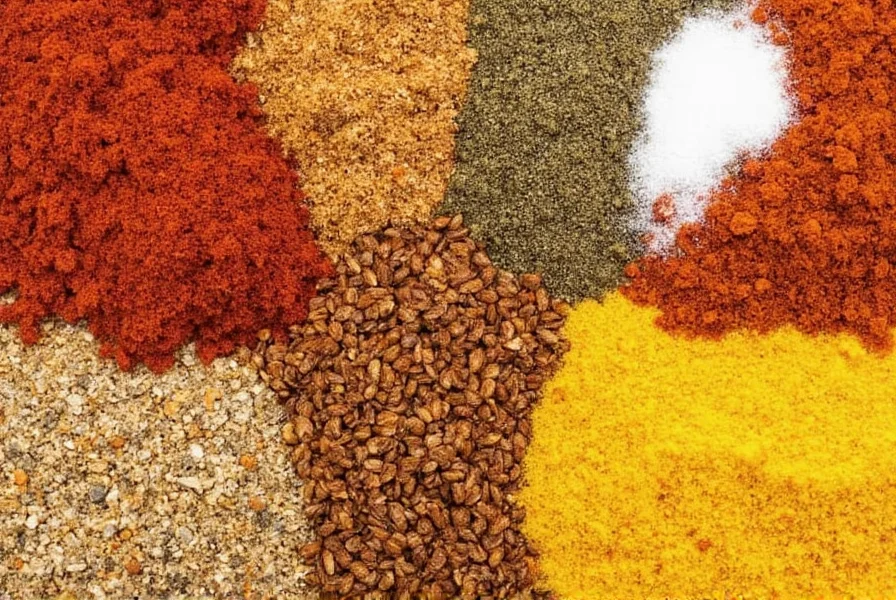
Frequently Asked Questions About Jerk Spice
Can I make a vegetarian version of jerk dishes?
Absolutely! Just skip the meat and apply the same seasoning to tofu, jackfruit, or portobello mushrooms. They’ll soak up the flavor beautifully.
Is jerk seasoning always super spicy?
Not necessarily! You can adjust the amount of Scotch bonnet used or substitute with a milder pepper like poblano to tone down the heat.
How long does homemade jerk seasoning last?
If stored properly in an airtight container, dry jerk spice can last up to 6 months. Fresh paste should be refrigerated and used within 2 weeks.
Conclusion: Unleash the Flavor with Jerk Spice
Jerk seasoning isn’t just a condiment—it’s a celebration of flavor, culture, and culinary craftsmanship. Whether you're grilling up some chicken under the sun or spicing up your veggie stir-fry on a rainy night, jerk spice brings the heat, the soul, and the story behind every bite.
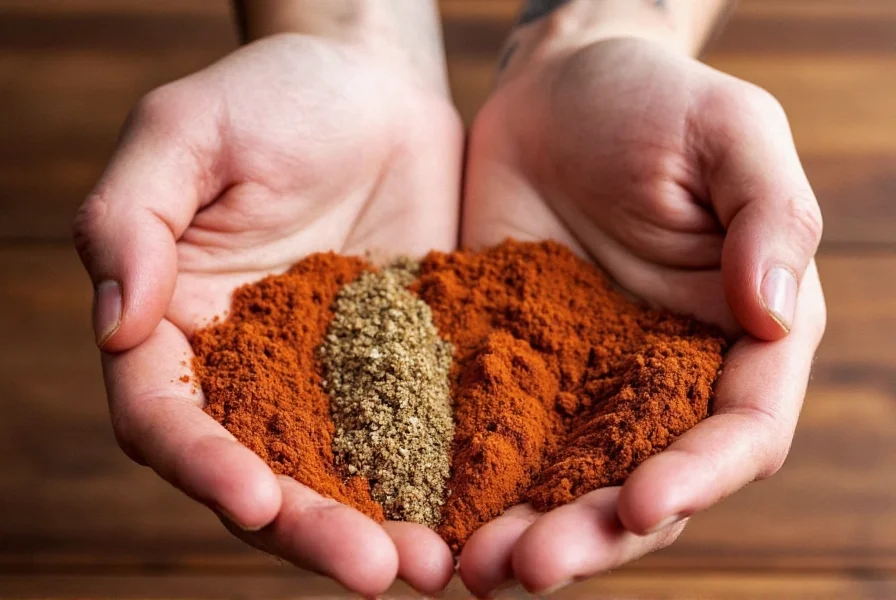
So next time you reach for that bottle of jerk seasoning, remember—you’re not just adding spice. You’re bringing a piece of Jamaica straight to your kitchen. Now go forth and ignite those taste buds!

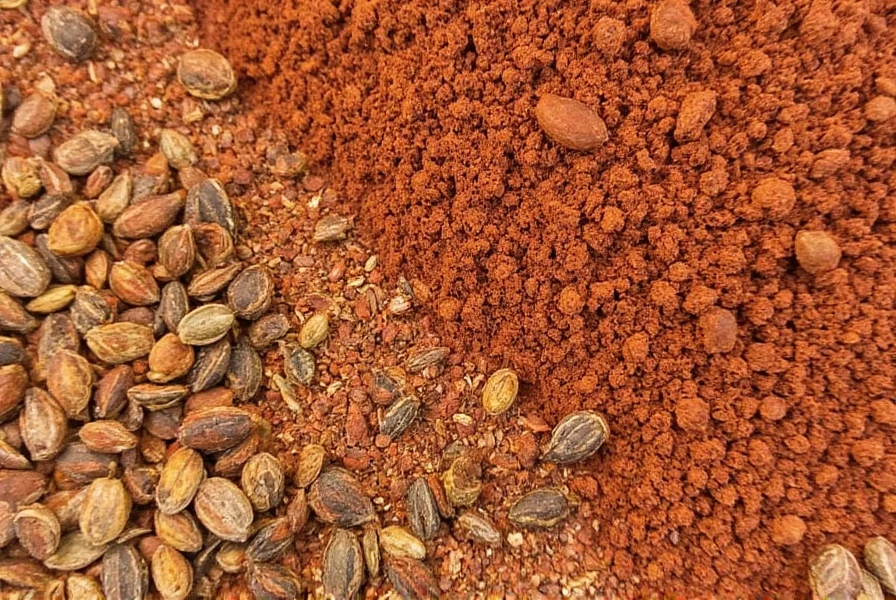









 浙公网安备
33010002000092号
浙公网安备
33010002000092号 浙B2-20120091-4
浙B2-20120091-4